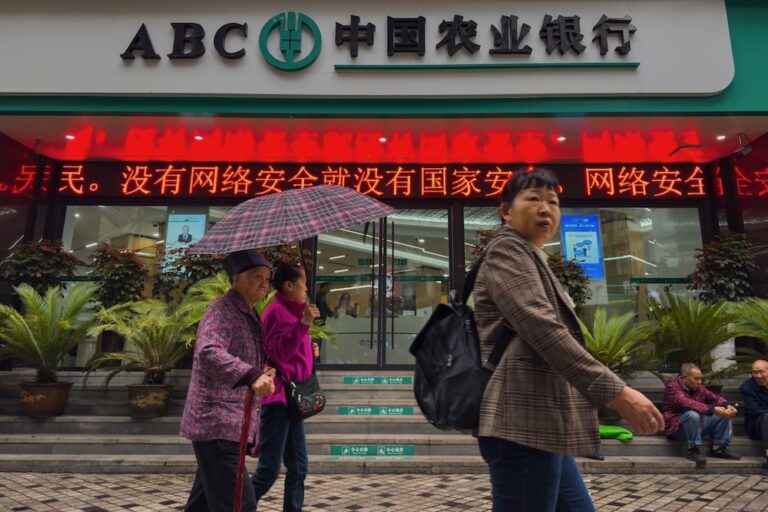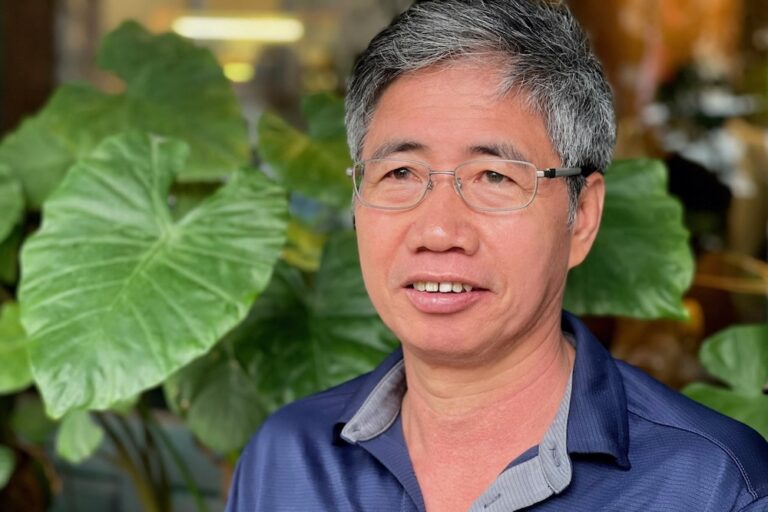(RSF/IFEX) – On 25 July 2002, RSF called on the Vietnamese government to release cyberdissident Pham Hong Son, who has been detained at a secret location for the past four months after posting information about democracy on the Internet. “He has done nothing more than peacefully express his attachment to democratic values,” noted RSF Secretary-General […]
(RSF/IFEX) – On 25 July 2002, RSF called on the Vietnamese government to release cyberdissident Pham Hong Son, who has been detained at a secret location for the past four months after posting information about democracy on the Internet.
“He has done nothing more than peacefully express his attachment to democratic values,” noted RSF Secretary-General Robert Ménard in a letter to the public security minister, Lieutenant General Le Minh Huong. “We and his family are very worried about his plight,” Ménard added.
The organisation has also lobbied the French government and the Agence intergouvernementale de la Francophonie on Pham Hong Son’s behalf. The cyberdissident was arrested in Hanoi in March for posting a translation of an article entitled “What Democracy is About” on the Internet. The article in question was taken from the website of the United States embassy in Vietnam.
Since his arrest was officially confirmed on 8 April, Pham Hong Son, who is the marketing director of a pharmaceutical company, has not been allowed visits from his wife, his two sons or his lawyer, and has been held at a secret location. The Interior Ministry is legally obliged to decide on 27 July whether to detain him for another four months or release him.
RSF also asked the authorities to explain the arrest of Nguyen Vu Binh, a journalist formerly with the official magazine “Tap Chi Cong San”, who was detained on 22 July. The government is thought to have disapproved of his signature of an open letter to the authorities calling for reforms and the release of political prisoners. 16 other dissidents also signed on to the letter. Nguyen Vu Binh was interrogated by police two days before his arrest. Foreign Ministry spokeswoman Phan Thuy Thanh said he had not been “formally arrested” (see IFEX alert of 23 July 2002).
The journalist worked for “Tap Chi Cong San” for 10 years before being sacked in January 2001 for trying to set up an independent political party. He had since written articles criticising the government and calling for political reforms. “If, as we fear, he is imprisoned for what he has written, we ask you to do everything you can to ensure that he is released as soon as possible,” Ménard said in his letter to the minister.
RSF also notes that two other cyberdissidents, Le Chi Quang and Tran Khue, are in prison for having posted material that was critical of the government on the Internet. Le Chi Quang, a lawyer and computer science professor, was arrested on 21 February at a Hanoi cybercafé and imprisoned in Camp B14, in the northern province of Ha Dong. Tran Khue was placed under house arrest on 10 March after posting a letter on the Internet that he had written to Chinese President Jiang Zemin on the eve of his official visit to Vietnam (see IFEX alert of 14 March 2002).


